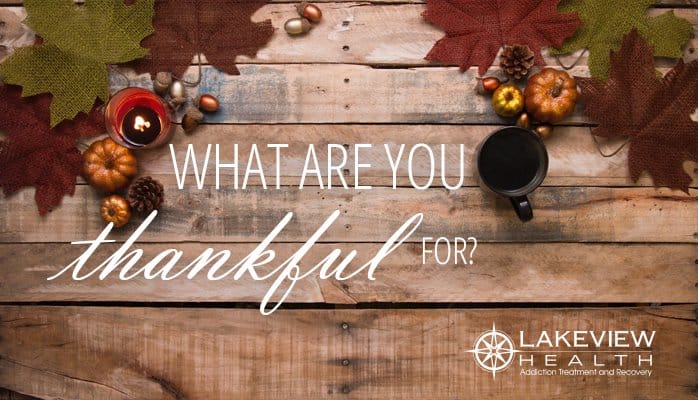

By: Lakeview Health
Being in recovery is not easy. Although you gain knowledge and skills in drug and alcohol rehab, it is still difficult to apply these tools on your own. Some people do well and others struggle with this new phase in life and end up relapsing. So what makes people relapse? The answer is usually staring you in the face, but not realizing what it is can spell disaster.
5 Symptoms of a Potential Relapse
Spotting red flags can make the difference in your recovery. If you know the potential dangers, then you can take action to avoid a relapse.
- Believing you’re cured. Being overly confident or cocky about your sobriety is dangerous. Recovery is something you have to work at every single day. There is no cure-all for addiction. If you get too confident, you stop working toward your sobriety goals and give into cravings and triggers.
- Not asking for help. Taking on too much, not taking medication or not taking advice or guidance can lead to relapse. The stress and emotions that you experience in everyday life becomes overwhelming and can trigger you.
- Withdrawing from loved ones. When you begin to separate yourself from your support system, this is a sign that relapse is near. Addiction thrives in isolation because there is no one to challenge your thoughts and behaviors.
- Not continuing treatment or attending meetings. Thinking that you don’t need to attend meetings or go to treatment is dangerous. You might feel you don’t need the help or there is no point in trying to stay sober. The loss of these resources leaves you vulnerable.
- Loss of routine and structure. Addiction thrives on chaos. When you lose structure in your life you are cracking open the door to the chaos of drinking and doing drugs.
If you notice any of these sneaking into your life, it is time to seek help to avoid a relapse.





